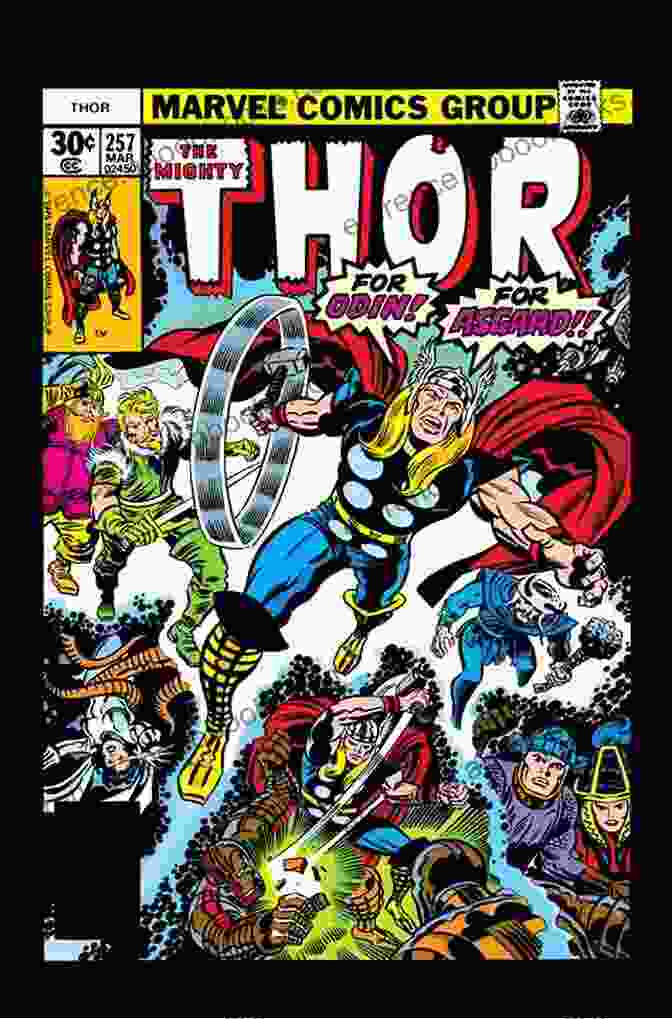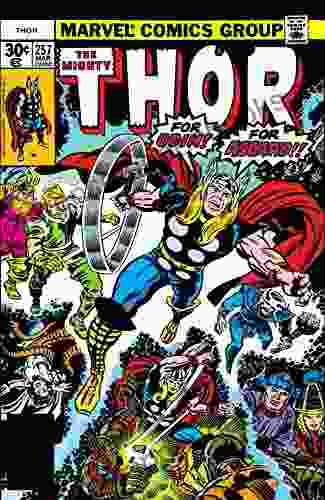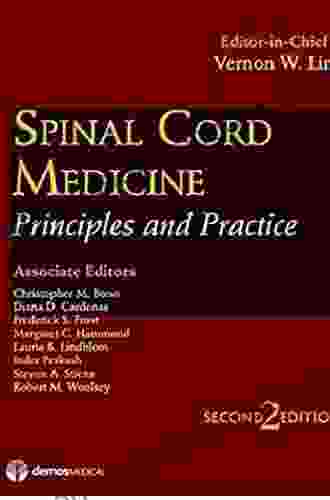Thor 1966-1996: 257 Amy Perez Ms Psychology is a captivating book that takes readers on a fascinating journey through the world of psychology from the 1960s to the 1990s. Written by esteemed psychologist Amy Perez, this book offers a comprehensive overview of the major theories, schools of thought, and influential figures that shaped the field during this pivotal era.
The 1960s: A Time of Revolution
The 1960s was a time of great social and cultural upheaval, and psychology was no exception. This decade saw the rise of the counterculture movement, which challenged traditional values and institutions. In psychology, this led to a shift away from the behaviorism and psychoanalysis that had dominated the field in the past. Instead, psychologists began to focus more on the role of cognition, emotion, and social factors in human behavior.
4.7 out of 5
| Language | : | English |
| File size | : | 63734 KB |
| Screen Reader | : | Supported |
| Print length | : | 18 pages |
One of the most influential figures of this period was Abraham Maslow. Maslow developed a theory of human motivation known as the "hierarchy of needs." According to Maslow, human beings have a hierarchy of needs, starting with basic physiological needs such as food and shelter, and progressing to more complex needs such as love, belonging, and self-actualization. Maslow's theory had a profound impact on psychology, and it remains one of the most widely cited theories in the field today.
The 1970s: A Decade of Progress
The 1970s was a decade of progress for psychology. This decade saw the development of new theories and therapies, as well as the emergence of new areas of research. One of the most important developments of this period was the cognitive revolution. The cognitive revolution was a shift away from the behaviorism that had dominated psychology in the past, and towards a focus on the role of cognition in human behavior.
Another important development of the 1970s was the emergence of feminist psychology. Feminist psychology challenged the traditional view of women as passive and dependent beings. Instead, feminist psychologists argued that women are active and capable agents who are capable of achieving great things. Feminist psychology has had a major impact on the field, and it has helped to create a more inclusive and equitable view of human nature.
The 1980s: A Time of Consolidation
The 1980s was a time of consolidation for psychology. This decade saw the integration of many of the new theories and therapies that had been developed in the previous decades. It also saw the emergence of new areas of research, such as neuropsychology and positive psychology.
One of the most important developments of the 1980s was the development of cognitive-behavioral therapy (CBT). CBT is a type of therapy that combines the techniques of cognitive therapy with the techniques of behavioral therapy. CBT has been shown to be effective in treating a wide range of mental health problems, including depression, anxiety, and phobias.
The 1990s: A Time of Expansion
The 1990s was a time of expansion for psychology. This decade saw the development of new theories and therapies, as well as the emergence of new areas of research. One of the most important developments of this period was the development of positive psychology. Positive psychology is a field of study that focuses on the strengths and virtues of human beings. Positive psychologists believe that it is important to study the positive aspects of human nature in Free Download to help people live happier and more fulfilling lives.
Another important development of the 1990s was the emergence of cultural psychology. Cultural psychology is a field of study that examines the role of culture in shaping human behavior. Cultural psychologists believe that culture is a powerful force that can influence our thoughts, feelings, and actions. Cultural psychology has helped to create a more diverse and inclusive view of human nature.
Thor 1966-1996: 257 Amy Perez Ms Psychology is a comprehensive and engaging overview of the major theories, schools of thought, and influential figures that shaped the field of psychology from the 1960s to the 1990s. This book is a valuable resource for students, researchers, and practitioners alike. It is also a fascinating read for anyone who is interested in the history of psychology and its impact on our understanding of human nature.
























































































